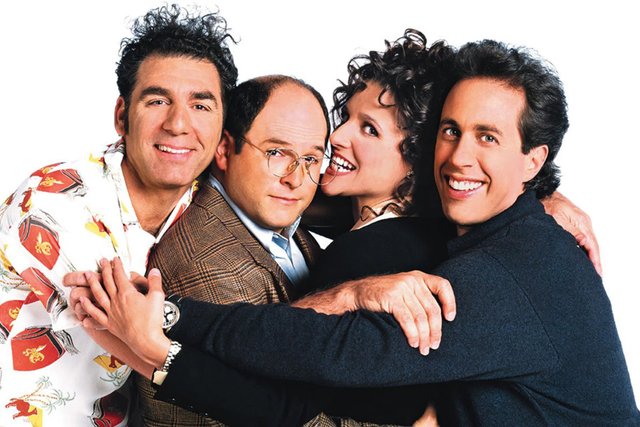Call-backs, act-outs, the rule of three, how hard can it be?

Looking at the current state of comedy, you might have already quit your job and started driving to the nearest city, eager to find yourself under a glaring light in a dingy bar, staring back at sixteen exhausted eyes.
What if I told you that the biggest obstacle to comedy isn't the audience, but yourself?
Let's start from the beginning. Remember in grade school when your parents told you to "Be yourself." Terrible advice. What they should have told you was, "Be comfortable in your own skin, but adapt to your surroundings and the people in it." The first piece of advice puts the focus solely on you, the second accepts the idea of making yourself understandable to others. Because it really isn't about you in comedy, it's about other people. Sure you have to write a lot, practice your material, have a semblance of stage presence and timing, but most of all you need to find a common thread. That's why so many comedians immediately make fun of their appearances. They are melding themselves with the audience before attempting any new ideas. They know that initially the only new thing in the room is the goofy guy with big ears that just got on stage. All comedians follow the same path to the lowest common denominator: airports, family, social faux pas; things we all have in common. The only difference is how we get there, which reflects style and technique.
I know, I know, you have this really funny story about your Uncle Richard and a great follow up about your best friend Carol who can't make rice, but no one knows or cares. Furthermore, you don't have time to make that so. There are too many concise and accessible jokes out there for anyone to struggle with a complicated or foreign idea. Think about your favorite TV show and the scenes that repeat over and over in the same setting. The hospital in Scrubs, the apartment in Seinfeld; the audience doesn't need to do any work to understand those places, allowing them more time to focus on the characters and dialogue. It's a short circuit to the audience's attention span. Think how exhausting Seinfeld or Cheers would be without the apartment or bar? How much work it would take to explain each new setting before any character development could take place. In a similar way, your jokes need a common locus to exist in before they can be understood. Bits should be accessible with little or no effort, and the less work to set-up and explain, the better. Maybe no one cares about your Uncle Richard, but everyone connects with the feeling of being alienated or embarrassed in a family. Just make sure there is a punch line in there.
Make yourself familiar.
When I moved to Chicago to start comedy, I thought my life was a joke. I had a lot of ideas and random thoughts that I struggled to convey to others, but that I thought were universally funny. Oh how wrong I was. While there is no substitute for experience, it never hurts to do your homework. I preferred trial and error. I believed that my biggest hurtle would be my own comfort on stage. I had no notion of conveying ideas quickly to a crowd and extracting as many jokes as I could from those ideas. The good news is that we all stumble across common themes naturally. It's much harder to be unique and original than anyone acknowledges, which plays to your favor. It's also a formula: set-up, then as many punch lines as possible, new set-up, more punch lines, and kudos if you can make it all flow.
Many people muse of attempting comedy, thinking it can't be that hard, but the truth is unimaginably boring. It takes years of refining ideas and incremental gains. You not only have to write alone, but whittle down jokes on stage in front of an audience. There is an absolute economy of words that is only revealed in front of a crowd. Those three pages that you slaved over all night suddenly becomes two sentences, inducing a slight chuckle from somewhere far off in the back of the bar. It is incredibly difficult and rewarding, and even more impressive when you can string a couple together in one set.
Last but not least, jokes should be simple. If you find yourself setting up a joke with more than a few sentences, it is probably not accessible enough. Unless it is a long story that you have timed jokes throughout, you should simplify the material. Because, quite frankly, it's not about you.
P.S. It's good to be back on Steemit. I will be posting on here regularly after a much-needed hiatus. Please follow and drop a comment if you like this material. I'd love to hear your thoughts. Thank you.